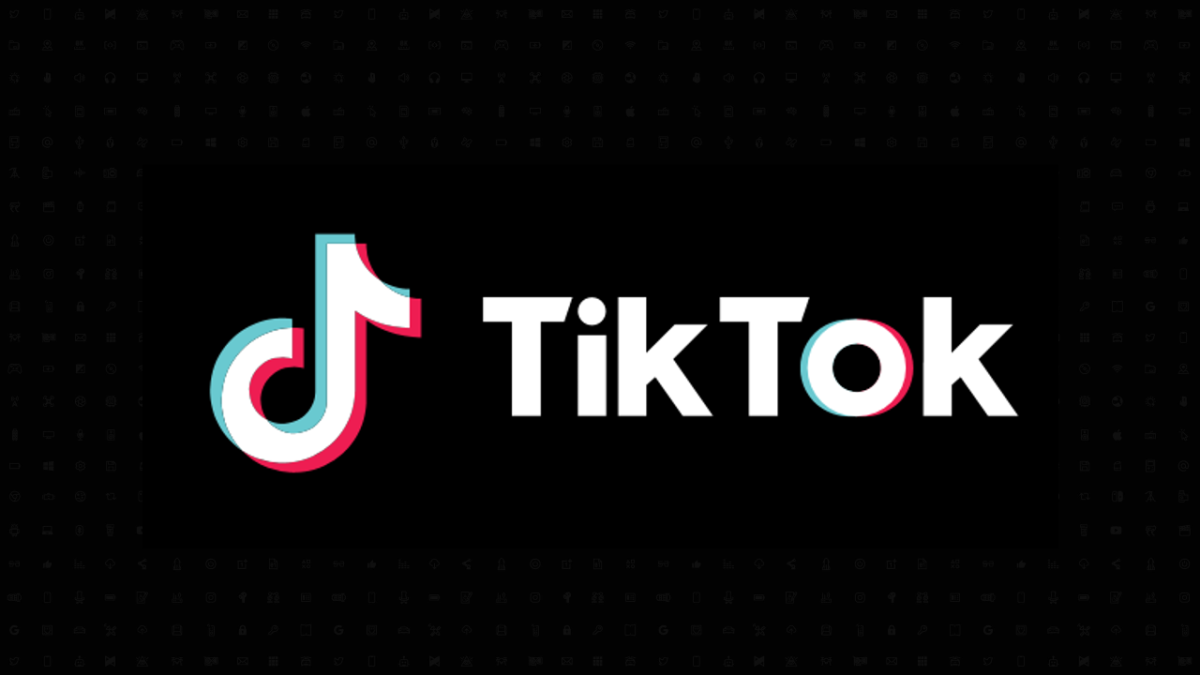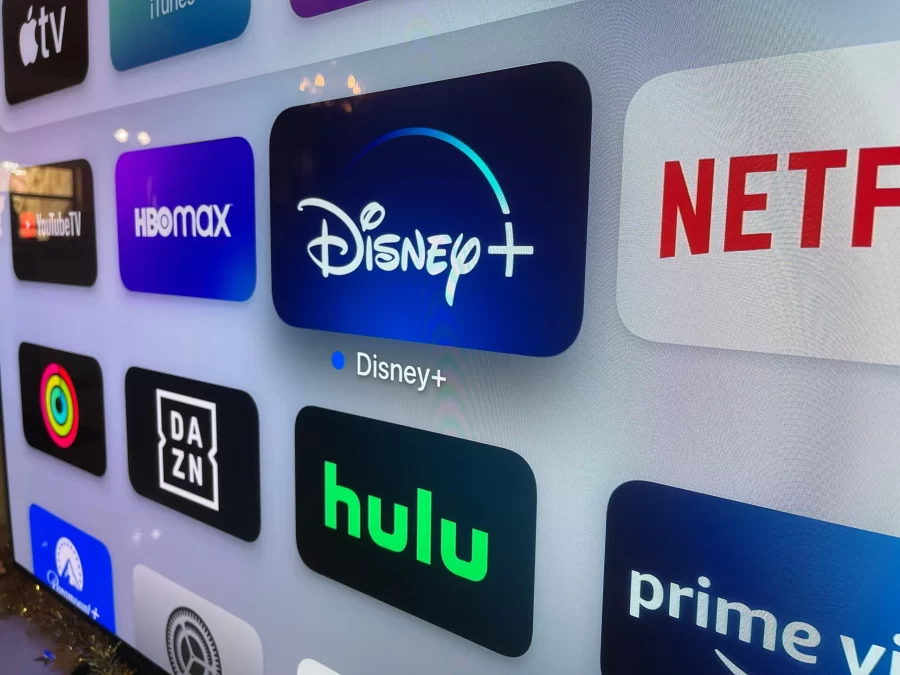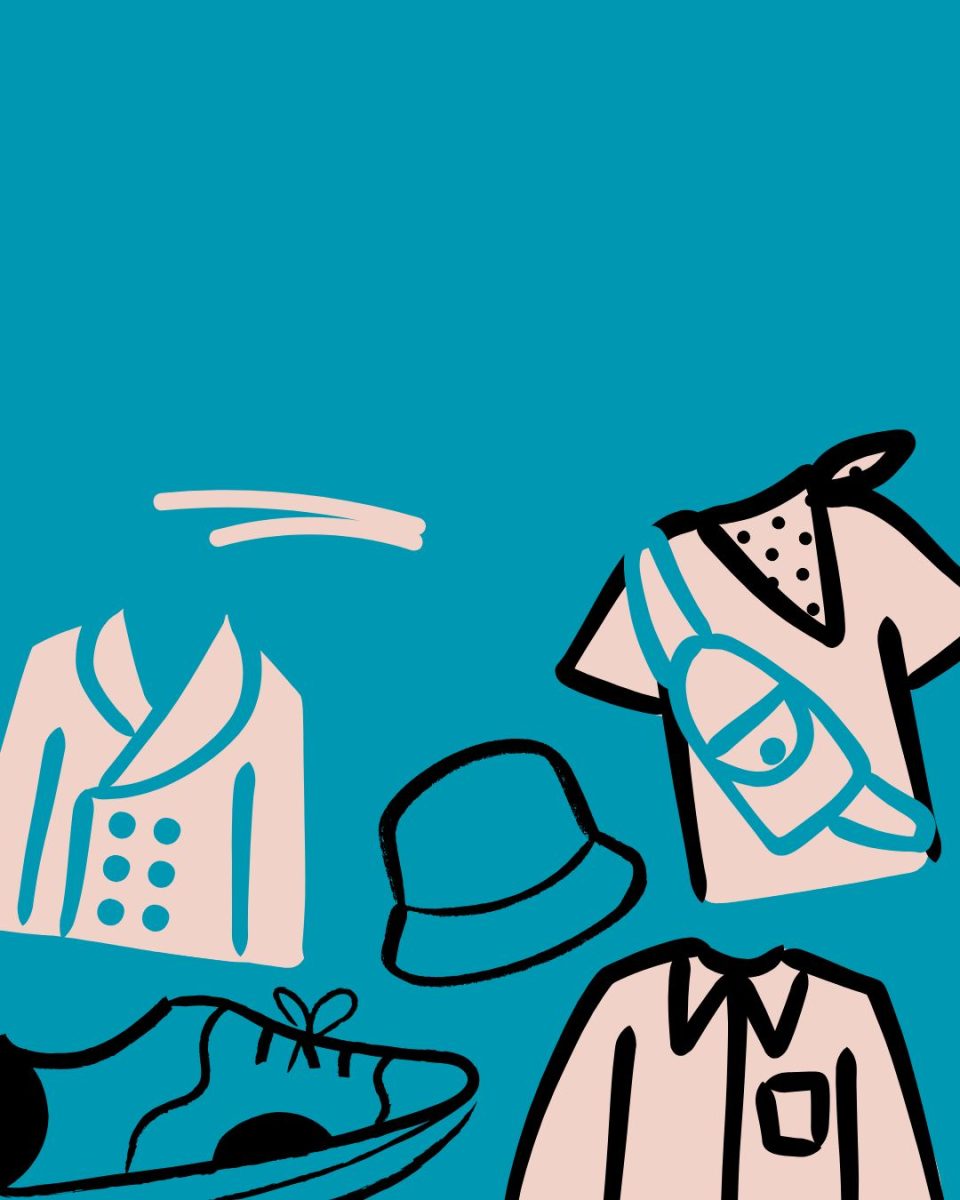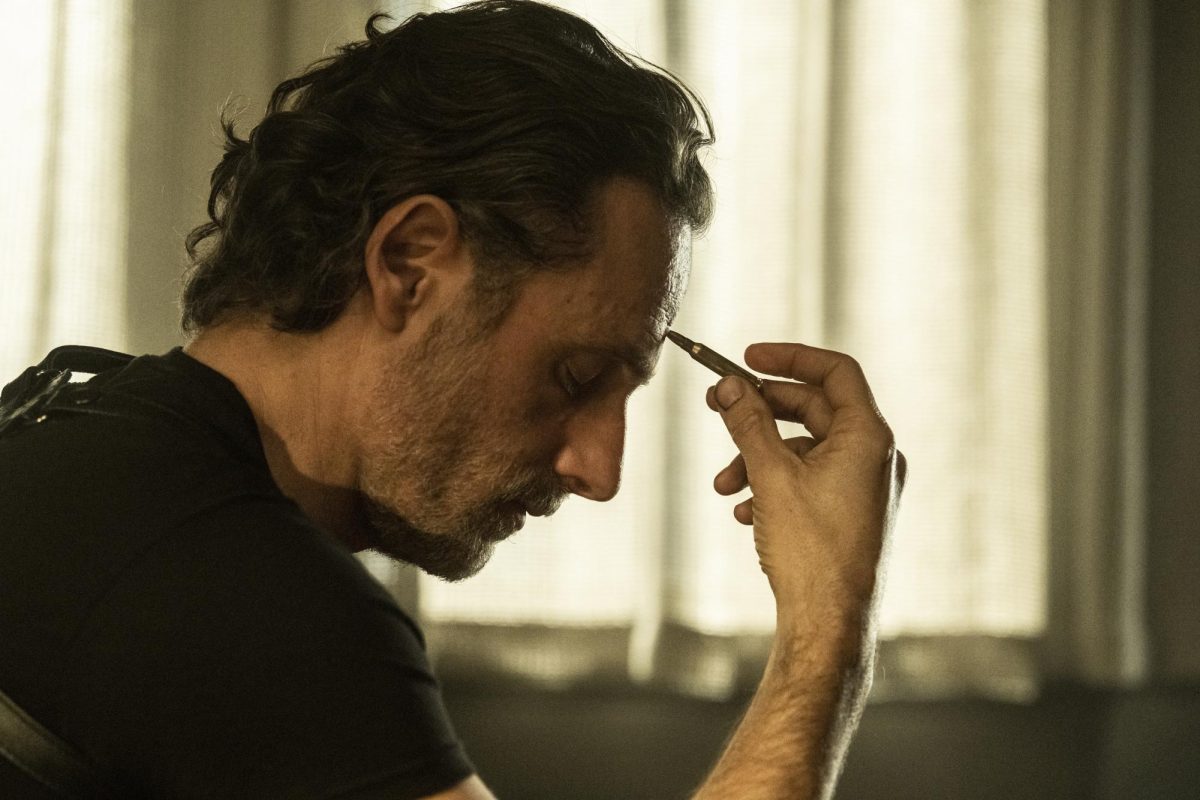If you are a teenager in America, you know or use the popular social media platform TikTok. The app rose to popularity in 2016 after ByteDance bought and transformed Musically. Since then, TikTok has become an integral part of the digital and physical world, being the most influential and used app with over 170 million American users.

According to a report done by an independent monitor appointed by the U.S. Government users spend significantly more time on TikTok than any other platforms. However, amid growing concerns over national security and data privacy, the app is facing a possible ban for American users.
The government is concerned that ByteDance, a Chinese company, could potentially be selling user data to the Chinese government, allowing them to access sensitive information. While these concerns warrant investigation, a ban on TikTok would have catastrophic consequences as they impact personal freedoms, economic growth, and small businesses.
Banning TikTok would be directly going against the First Amendment of the Constitution. The right to freedom of expression is one of the foundations of democracy. Like other social media platforms, TikTok serves as an essential place for individuals to express opinions, share ideas, and engage in public debate. Banning the platform would be a direct attack on this fundamental right. TikTok has stated publicly that its algorithm does not take sides on political or social issues. Videos seen on an individual’s For You Page are all generated by users, posted voluntarily, and pop up based on algorithms reflecting one’s own opinions in conformity with their likes and engagements on the app. TikTok merely reflects users’ engagement, tailoring the content to individual preferences. By taking away TikTok, the government is suppressing Americans’ right to freedom of speech and expression. The government claims that China is controlling us through TikTok, but by banning TikTok the U.S. Government is enacting tyrannic rule over their citizens, and being what they claim is wrong. Officials argue that Chinese Citizens do not even have access to TikTok, so why should Americans, that is due to China being a communist country, where they ban apps that serve as a platform for freedom. America does not want to follow in their footsteps, but by banning TikTik they will be.
To add on, TikTok has been fighting for its life in the Supreme Court. Where TikTok CEO Su Zi Chew has been undergoing extreme questioning from US government electors. Here, they have questioned him nationally, accusing him of being Chinese when he has clearly stated multiple times that he is from Singapore, a different country in Asia. They also questioned his truthfulness about user data. Democratic Representative Debbie Dingell of Michigan asked, “Has TikTok at any time provided the Chinese government with either precise GPS information collected from U.S. users or inferences made from that data?”, Shou responded, “That I can give you a straight-up no”. He was also asked if the Chinese government has ever asked TikTok for its data, to which he responded with no, and that the company would refuse any request similar to this. Government officials are trapping Chew with hypothetical scenarios that have no real evidence to back their claims. This was all said in court, where he is sworn under oath to tell the truth, and nothing but the truth. The American Government made a fool out of themselves in this trial, basing all of their claims on hearsay. To add on, while Shou is from Singapore, the parent company ByteDance is Chinese. However, ByteDance has three Americans on its five-member board of directors and is majority-owned by institutional investors around the world, meaning it has multiple global perspectives and has no true loyalty to Chinese ideals.

In attempts to argue with these false claims, TikTok has addressed its privacy concerns. They began with Project Texas, where instead of storing data in China, they store U.S. user data domestically rather than internationally on servers owned and operated by Oracle, an American company, with no ability to access the data from China. They also proposed this idea in Europe, called Project Clover, where they undergo the same process as the European Union. The American government blatantly ignored these compromises and began to question data being held in servers in Virginia and Singapore that could possibly be accessed by engineers in China. Chew responded with, “We’re deleting those and we expect that to be complete this year. When that is done, all U.S. data will be protected by U.S. law and under control of the U.S.-led security team. This eliminated the concern some of you have shared with me that TikTok user data can be subject to Chinese law”. Despite this, the government ignored these remarks and continued with the push to ban TikTok based on claims that have been proved untrue, as there is no evidence that TikTok has misused or accessed user data. This raises the question of whether the government has their citizens’ best interest at heart, or whether they are letting geopolitical reasons and unsure relations with China affect American rights.
I agree that if TikTok were truly in the hands of the Chinese Communist Party, banning the app would be positive, but since it is owned by a private company run by a Sinaporean man, a country that has strong ties with the United States (The US being their largest foreign investor based off Minestry of Foreign Affairs) then there is no problem with TikTok being accessible to U.S. citizens.
The government says that TikTok accesses too much user information, however, other social media platforms and tech companies also collect types of information. The information TikTok collects is:
- User profile information: username, email address, phone number, profile picture
- Device information: devices used to access the app, model, operating system, device identifiers
- Location data: approximate location DEPENDING on device settings
- Usage data: how users interact with the app, the content they view, share, and comment on (essentially the algorithm which is part of what makes TikTok so enjoyable)
All of this information is given voluntarily, and users have to sign a Terms and Conditions page acknowledging that they are providing the app with this information.
While this might seem like a lot, it truly is basic information that every app requires when you have a profile. In fact, Twitter, also known as X, which is run by America’s own billionaire Elon Musk, accesses the same information such as personally identifiable data, phone numbers, street addresses, IP addresses, and phone contact information. Twitter accesses more information than TikTok, but the government does not seem concerned with this. While the government also claims that TikTok is a place of hate, they are ignoring the fact that Twitter is home to misinformation, extremism, and propaganda. In fact, Twitter disbanded a volunteer group page that advised the world of the exploitation of self-harm, child abuse, and hate speech content that was being pushed on the app. Plus, journalists such as CNN’s Donie O’Sullivan, Ryan Mac for the New York Times, and Drew Harwell for the Washington Post have all had their accounts permanently suspended after speaking out on Musk’s wrongdoings. This is censorship, the exact thing they are considering banning TikTok for. I am not the only one who sees the government’s hypocrisy. Alejandra Caraballo, clinical instructor at Harvard Law’s cyberlaw clinic, claims that we should be banning Twitter instead. She states, “Apple and Google need to seriously start exploring booting Twitter off the app store. What Musk is doing is existentially dangerous for marginalized communities. It’s like opening the gates of hell in terms of the havoc it will cause. People who engage in direct targeted harassment can come back and engage in dozing, targeted harassment, violence, bullying, calls for violence, and celebration of violence. I can’t even begin to state how dangerous this will be”. So why is TikTok being banned, when Twitter is obviously a terrible platform? Because the government cares more about international politics than the safety and lives of their citizens.
Finally, TikTok being banned puts the creators and small businesses who rely on tiktok for revenue, without a job. There are stakeholders in TikTok whose lives depend on the app because of brand partnerships and advertisements, and the app provides at least 224,000 jobs in the United States. Individuals have their own channels, sell their products or services, and capitalize off the app. What are they supposed to do once the app goes away? If TikTok were to disappear these business owners would suffer potentially massive losses. They might lose one of their largest marketing strategies and audiences. This app might be a leisure activity for some, but to others, it is a full-time job. According to data from TikTok as of March 2024, 7 million small businesses use TikTok, and as this information was from a year ago, that number has only grown. One example of a person who relies on TikTok is Shira, a 27-year-old who has more than 500 thousand followers on her account and is a full-time creator. She tells BBC that, Banning TikTok would be more hurtful to Americans than it would be to keep the app.
Banning TikTok would not only undermine the value it provides to millions of users globally but it would also set a concerning precedent for censorship and digital freedom. TikTok fosters creativity, innovation, and cultural exchange while offering economic opportunities to users. Instead of banning TikTok, it is far more productive to focus on addressing concerns through regulation, privacy protections, and security measures. A balanced approach that protects national interests and American rights would allow the app to continue its role as a positive cornerstone of our modern-day society.








